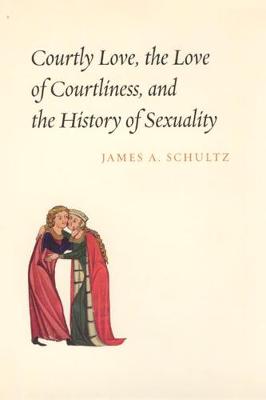One of the great achievements of the Middle Ages, Europe's courtly culture gave the world the tournament, the festival, the knighting ceremony, and also courtly love. But courtly love has strangely been ignored by historians of sexuality. With "Courtly Love, the Love of Courtliness, and the History of Sexuality", James A. Schultz corrects this oversight with careful analysis of key courtly texts of the medieval German literary tradition. Courtly love, Schultz finds, was provoked not by the biological and intrinsic factors that play such a large role in our contemporary thinking about sexuality - sex difference or desire - but by extrinsic signs of class: bodies that were visibly noble and behaviors that represented exemplary courtliness. Individuals became "subjects" of courtly love only to the extent that their love took the shape of certain courtly roles such as singer, lady, or knight. They hoped not only for physical union but also for the social distinction that comes from realizing these roles to perfection.
To an extraordinary extent, courtly love represented the love of courtliness - the eroticization of noble status and the courtly culture that celebrated noble power and refinement.
- ISBN10 0226740897
- ISBN13 9780226740898
- Publish Date 15 August 2006
- Publish Status Active
- Publish Country US
- Imprint University of Chicago Press
- Format Hardcover
- Pages 224
- Language English
- URL http://wiley.com/remtitle.cgi?isbn=9780226740898
